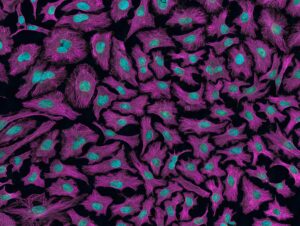
Perhaps you stumble onto an intriguing study that you haven’t seen covered and want to report on it. Or you receive a press release touting provocative findings that sound pretty astonishing … if they’re true. One potential indication of the paper’s significance and quality is the journal in which it was published.
Publication in a highly regarded journal is not a guarantee in itself that the paper is good – the blog Retraction Watch has hundreds of examples of that. In fact, one of the most famously retracted studies of all time – that of Andrew Wakefield’s attempt to link autism and vaccines in a small cases series – was published in The Lancet, one of the top medical journals in the U.K. (Ironically, that study continues to contribute to The Lancet’s impact factor because it’s the second-most-cited retracted paper as ranked by Retraction Watch.)
But publication in an unknown or brand new journal might indicate that the authors were unable to publish their research in a more prestigious journal. It may mean the science isn’t very solid or it’s pushing the boundaries of what’s considered acceptable in that field in some way. That doesn’t mean it’s not worth reporting on, but you’ll want to know something about the journal and why it was published there.
A new AHCJ tip sheet can help you do a bit of detective work to find out what you can about the journal. By investigating whether:
- The publication may be a so-called predatory journal;
- Whether the journal is indexed in PubMed;
- What the journal’s impact factor is; and
- What you can learn about the authors themselves,
you can come up with a pretty good idea of the apparent credibility of the study.
Further due diligence requires a careful reading of the paper, interviewing the authors and contacting other researchers in the field, but knowing the source is a good first step in the reporting process if you don’t recognize the journal.
In addition to the new tip sheet, check out the other medical studies tip sheets covering everything from reporting on scientific conferences to working effectively with press officers, to using social media to find real people for your stories.










